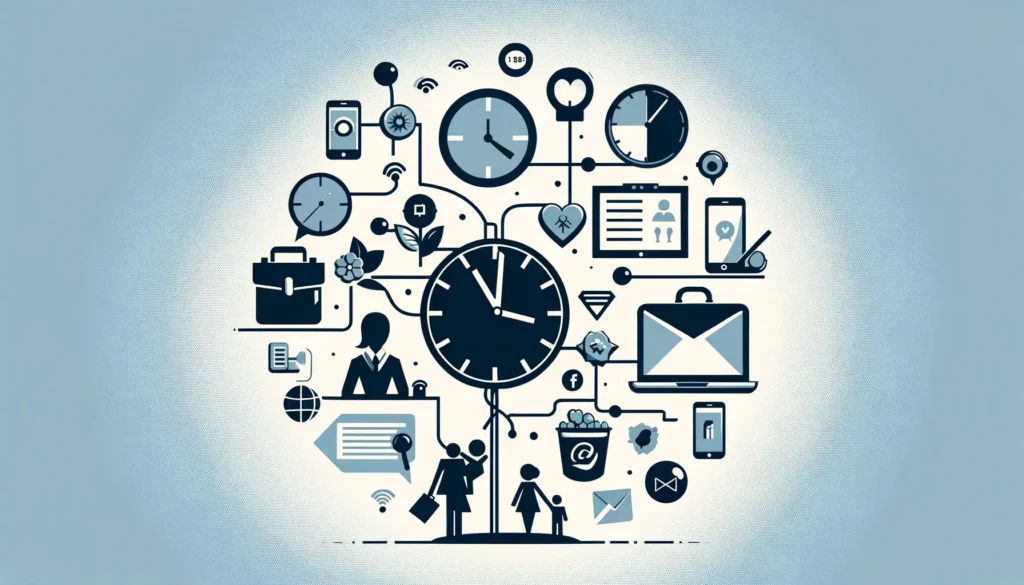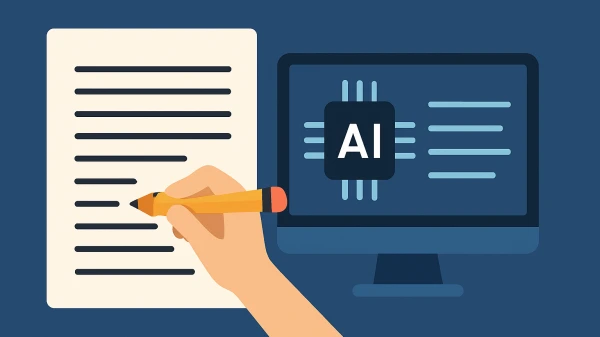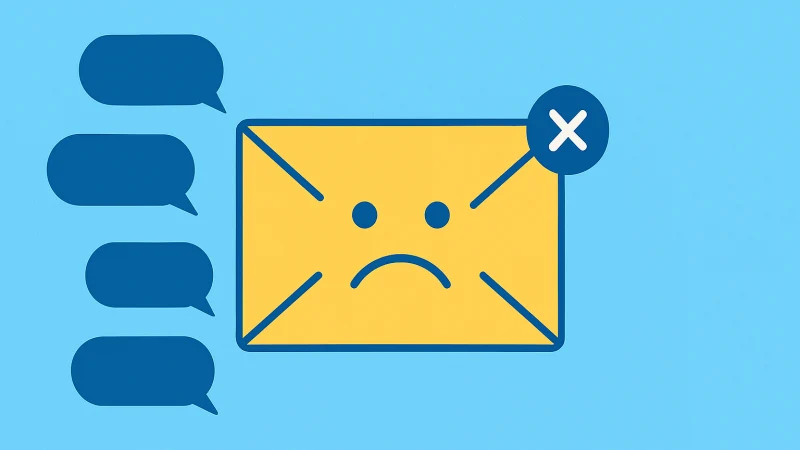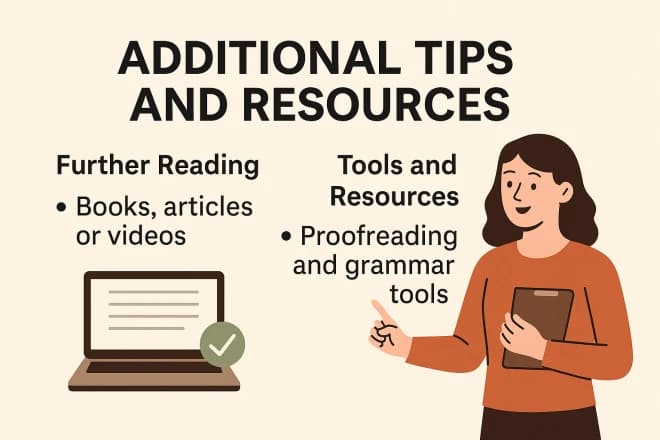Unlock Insights: Find the Answers You Seek on Our Blog
Take a Load Off, Fanny: Finding Relief in Today’s World
By Evelyn Sterling
In the annals of classic rock, few songs have achieved the iconic status of “The Weight” by The Band. Released in 1968 as part of their debut album, “Music from Big Pink,” the song immediately distinguished itself with its distinctive blend of Americana and roots rock. But more than its melody or its harmonies, it is the enigmatic and evocative lyrics that have cemented “The Weight” in the collective consciousness of music lovers across generations. The chorus line, “Take a Load Off, Fanny,” in particular, resonates far beyond its original context, transforming into a cultural touchstone.
The phrase “Take a Load Off, Fanny” has taken on a life of its own, transcending the confines of the song to become an emblem of mental and emotional relief. In a world increasingly burdened by the stresses of modern life – from the relentless pace of work and technology to the complex web of social and personal expectations – these words offer a simple yet profound respite. They speak to the universal longing for a moment of reprieve, a break from the relentless pressures that weigh upon us.
“Take a Load Off, Fanny” thus emerges not just as a memorable line from a beloved song, but as a symbolic invitation to release, to let go, and to find a moment of peace amid the chaos. It encapsulates a concept that is at once deeply personal and widely relatable – the need to momentarily shed the weight of the world and find solace, whether it be in music, in the company of others, or in the quiet of one’s own thoughts.
As we delve deeper into this topic, let’s explore how this simple phrase can guide us in navigating the complexities of modern life and offer strategies for mental unburdening and finding inner peace.
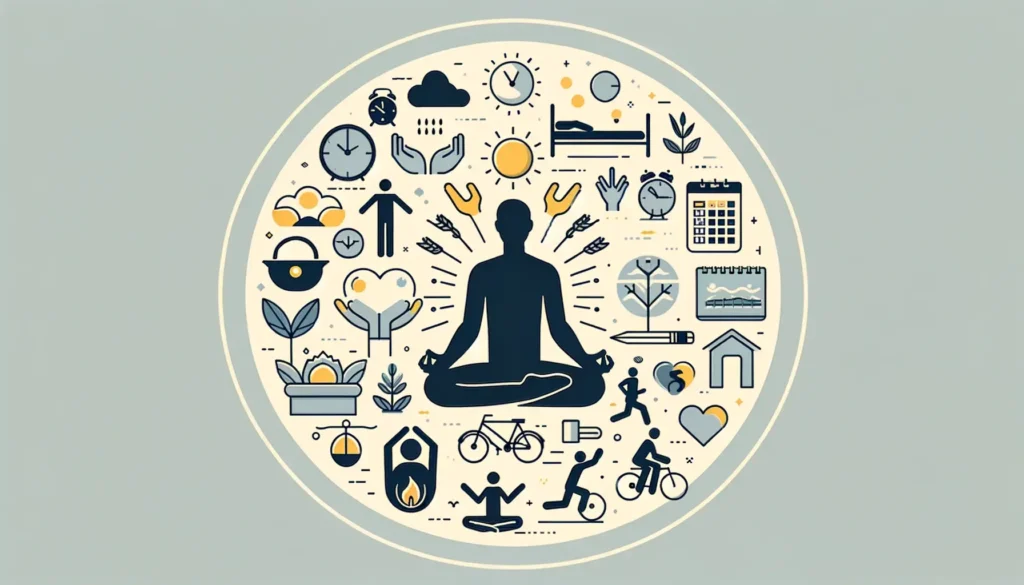
Understanding the Meaning of Burden
Personal Level: Navigating the Stresses of Modern Life
In today’s fast-paced world, the concept of ‘burden’ has become an all-too-familiar aspect of our daily lives. At a personal level, these burdens manifest in various forms, subtly weaving into the fabric of our existence. The relentless demands of work, often characterized by tight deadlines and high expectations, leave little room for relaxation and personal growth. This constant state of busyness can lead to a sense of being overwhelmed, impacting not only our professional productivity but also our mental well-being.
Family responsibilities add another layer to this complex tapestry. Balancing the needs of family members, managing household chores, and ensuring emotional support for loved ones can be a delicate and demanding juggling act. For many, this balancing act extends further to include the care of aging parents, intensifying the sense of duty and emotional strain.
In the realm of personal relationships, social media plays a paradoxical role. While it connects us with friends and communities, it also brings an undercurrent of comparison and the pressure to portray a ‘perfect life.’ This digital age has ushered in a new wave of stressors, where the line between reality and virtual perception often blurs, leading to feelings of inadequacy and anxiety.
Societal Level: The Weight of Societal, Cultural, and Environmental Pressures
Beyond the personal sphere, societal and cultural pressures exert a profound influence on our sense of self and belonging. Societal expectations around success, appearance, and behavior can create an invisible yet palpable pressure to conform and excel. Cultural norms and traditions, while often providing a sense of identity and community, can also impose constraints that restrict individual expression and choice.
Environmental pressures add a global dimension to the burdens we carry. The growing concerns over climate change, environmental degradation, and their long-term impacts on our planet contribute to a sense of collective anxiety and responsibility. This ‘eco-anxiety’ reflects a deeper understanding of our interconnectedness with the natural world and the imperative to protect it for future generations.
Understanding these layers of burden – personal, societal, and environmental – is crucial in recognizing the multifaceted nature of stress in modern life. As we move through this exploration, we’ll uncover ways to address these pressures, finding strategies to lighten the load and discover moments of peace and balance.

The Deeper Message of The Weight-Take a Load Off, Fanny Lyric
Finding Ways to Unburden- Take a Load Off
The quest to find balance and alleviate the pressures of modern life is a journey that requires both personal commitment and community support. Here, we explore practical strategies for individual relief and the crucial role of communal solidarity in lightening our collective loads.
Personal Strategies: Alleviating Life’s Pressures
-
Relaxation Techniques: Methods like deep breathing, meditation, and mindfulness can significantly reduce stress levels. Incorporating these practices into your daily routine, even for just a few minutes a day, can enhance mental clarity and emotional stability.
-
Effective Time Management: One of the biggest contributors to stress is the feeling of being overwhelmed by our tasks. Prioritizing tasks, setting realistic goals, and breaking down large projects into manageable steps can help regain a sense of control and reduce anxiety.
-
Physical Activity: Regular exercise is not only beneficial for physical health but also for mental well-being. Activities like walking, yoga, or any form of exercise that you enjoy can boost mood and energy levels.
-
Pursuing Hobbies and Interests: Engaging in hobbies or interests that you are passionate about can be a great way to disconnect from the stressors of everyday life and provide a sense of fulfillment and joy.
-
Self-Care: It’s crucial to remember that taking care of oneself is not selfish. Self-care can take many forms, from ensuring adequate sleep to indulging in activities that nurture your soul.
-
Seeking Professional Help: Sometimes, the best way to manage stress is to seek help from a professional, such as a counselor or therapist, who can provide guidance and coping strategies.
Community Support: Sharing Burdens and Building Connections
-
Talking to Friends and Family: Sometimes, just the act of verbalizing our problems to someone we trust can lighten our emotional load. Friends and family can offer support, understanding, and sometimes, practical advice.
-
Community Groups: Joining community groups or clubs that align with your interests can provide a sense of belonging and a support network of individuals who share similar experiences or passions.
-
Volunteering: Helping others can also be a form of stress relief. Volunteering for causes that you care about can provide a sense of purpose and fulfillment.
-
Workplace Support Systems: Utilizing support systems available in the workplace, like employee assistance programs or talking to a trusted colleague or supervisor, can help address work-related stress.
-
Social Media and Online Communities: While social media can be a source of stress, it can also be a platform for support. Engaging with positive and supportive online communities can provide comfort and advice from others who might be in similar situations.
-
Cultural and Spiritual Communities: For many, cultural or spiritual communities offer a significant source of support, providing a space to share burdens and find guidance based on shared values and beliefs.
In conclusion, finding ways to unburden ourselves in today’s fast-paced world involves a combination of personal strategies and community support. By adopting practical methods for stress relief and leaning on the strength of our communities, we can navigate life’s pressures with greater resilience and a sense of shared humanity.
The Importance of Mental and Emotional Health
In the tapestry of life’s pressures and responsibilities, the significance of mental and emotional health cannot be overstated. It is the cornerstone that supports our ability to navigate challenges, build resilience, and maintain a sense of well-being. This part of our journey explores the crucial role of mental health in coping with life’s pressures and provides guidance on accessing support.
The Role of Mental Health in Coping with Life’s Pressures
-
Understanding Mental Health: Mental health encompasses our emotional, psychological, and social well-being. It affects how we think, feel, and act, especially in how we handle stress, relate to others, and make choices.
-
Building Resilience: Good mental health fosters resilience, enabling us to bounce back from the adversities of life. It empowers us to grow and learn from experiences, rather than being overwhelmed by them.
-
Emotional Processing: Acknowledging and processing emotions are vital in coping with stress and anxiety. Suppressed emotions can lead to increased stress and may manifest as physical symptoms.
-
Influence on Physical Health: Mental health significantly impacts physical health. Stress, anxiety, and depression can contribute to a range of physical health problems, underscoring the importance of addressing mental well-being.
Resources and Avenues for Seeking Mental Health Support
-
Professional Counseling and Therapy: Therapists and counselors can provide valuable support, offering a safe space to explore and address mental health concerns. They can equip individuals with coping mechanisms and strategies to manage stress and emotional challenges.
-
Online Mental Health Resources: Various online platforms offer mental health services, including counseling, therapy sessions, and self-help tools. These resources can be particularly helpful for those who prefer the privacy and convenience of online support.
-
Support Groups: Support groups, either in-person or online, provide a community of individuals facing similar issues. Sharing experiences and coping strategies in a supportive environment can be therapeutic and empowering.
-
Mindfulness and Meditation Apps: Numerous apps focus on mindfulness and meditation, offering guided practices to reduce stress and improve mental well-being.
-
Educational Resources: Books, websites, and workshops dedicated to mental health can offer insights and practical advice on managing stress and emotional well-being.
-
Hotlines and Crisis Centers: In times of crisis, hotlines and crisis centers provide immediate assistance and guidance. These services are crucial for individuals who may be experiencing severe emotional distress or suicidal thoughts.
-
Primary Care Providers: Regular check-ins with primary care providers can include discussions about mental health. They can offer referrals to mental health specialists if needed.

Conclusion
By recognizing the importance of mental and emotional health and utilizing the available resources, individuals can more effectively manage life’s pressures. This proactive approach not only enhances personal well-being but also contributes to a healthier, more supportive community. Mental health, much like physical health, requires attention and care, and seeking support is a sign of strength and self-awareness.
As we draw this exploration to a close, let’s reflect on the journey we’ve traversed together. We started by recognizing the iconic song “The Weight” by The Band, and how its chorus “Take a Load Off, Fanny” has become a symbolic call for mental unburdening in our modern lives. This phrase encapsulates the essence of our discussion: the search for relief in a world filled with personal, societal, and environmental pressures.
We delved into the multiple facets of stress and burden that we encounter in our daily lives, spanning from personal responsibilities to societal expectations. The song itself served as a metaphor for the diverse challenges and the interconnectedness of human experiences. We also explored the innovative AI Song Lyrics Generator as a creative avenue for expressing and processing our emotions, offering a modern tool for emotional catharsis.
Further, we discussed practical strategies for personal stress alleviation, including relaxation techniques, effective time management, and the importance of self-care. The value of community support was highlighted, emphasizing how shared experiences and mutual aid can significantly lighten our collective burdens.
The importance of mental and emotional health was underscored, emphasizing its critical role in coping with life’s challenges and the various resources available for support. We shared real-life stories demonstrating how small changes can lead to significant impacts, offering inspiration and hope.
As we conclude, we encourage you to find your unique path to “take a load off.” Whether it’s through personal introspection, creative expression, adopting new habits, or leaning on your community, remember that the journey towards mental and emotional well-being is both personal and shared. Your methods of finding peace and balance may differ from others, but the goal remains the same – to achieve a sense of harmony and well-being in our lives.
We also encourage you to support others in their journey. In a world that often feels burdensome, the act of extending support and understanding can be profoundly impactful. By sharing our experiences and offering a helping hand, we not only lighten the load for others but also enrich our own lives.
Thank you for joining us on this exploration of finding relief and balance. Remember, in the words of “The Weight,” sometimes the greatest gift we can offer ourselves and others is to simply “take a load off.”
Please feel free to share your thoughts, experiences, and ways you’ve found to unburden yourself in the comments below. Let’s continue to support and inspire each other in our collective journey towards a more balanced and fulfilling life.
AI Tools Categories
Browse all AI tools by category
All AI Tools
229Amazon
5AI Writing Generator
85Article & Content Writing
35Branding & Identity
54Content Generation
170Creative Ideas
32Educational Resources
34E-commerce
14Etsy
6Events & Celebrations
13Facebook
6Gaming & Fun
5Instagram
3Lifestyle & Personal
8LinkedIn
6Marketing & SEO
40Poem & Lyrics Writing
19Professional Documents
31Social Media
44Story & Book Writing
49Text Effects
14TikTok
7Twitter
3Writing Enhancement
36YouTube
11
Highly rated and most popular AI tools curated by our experts
Recently added AI tools that are gaining traction
- AI Post Generator

- AI Bullet Point Generator

- AI Discussion Post Generator

- AI 2 Weeks Notice Letter Generator

- AI Content Creation Ideas Generator

- AI Radio Ad Script Generator

- AI Podcast Script Generator

- AI Resume Objective Generator

- AI Resume Headline Generator

- AI Password Generator

- AI Snapchat Caption Generator

- AI Snapchat Username Generator

- AI Pinterest Board Name Generator

- AI LinkedIn Experience Description Generator

- AI Twitter Hashtag Generator

- AI YouTube Short Idea Generator

we prioritize displaying the latest content closely related to the current blog post.

